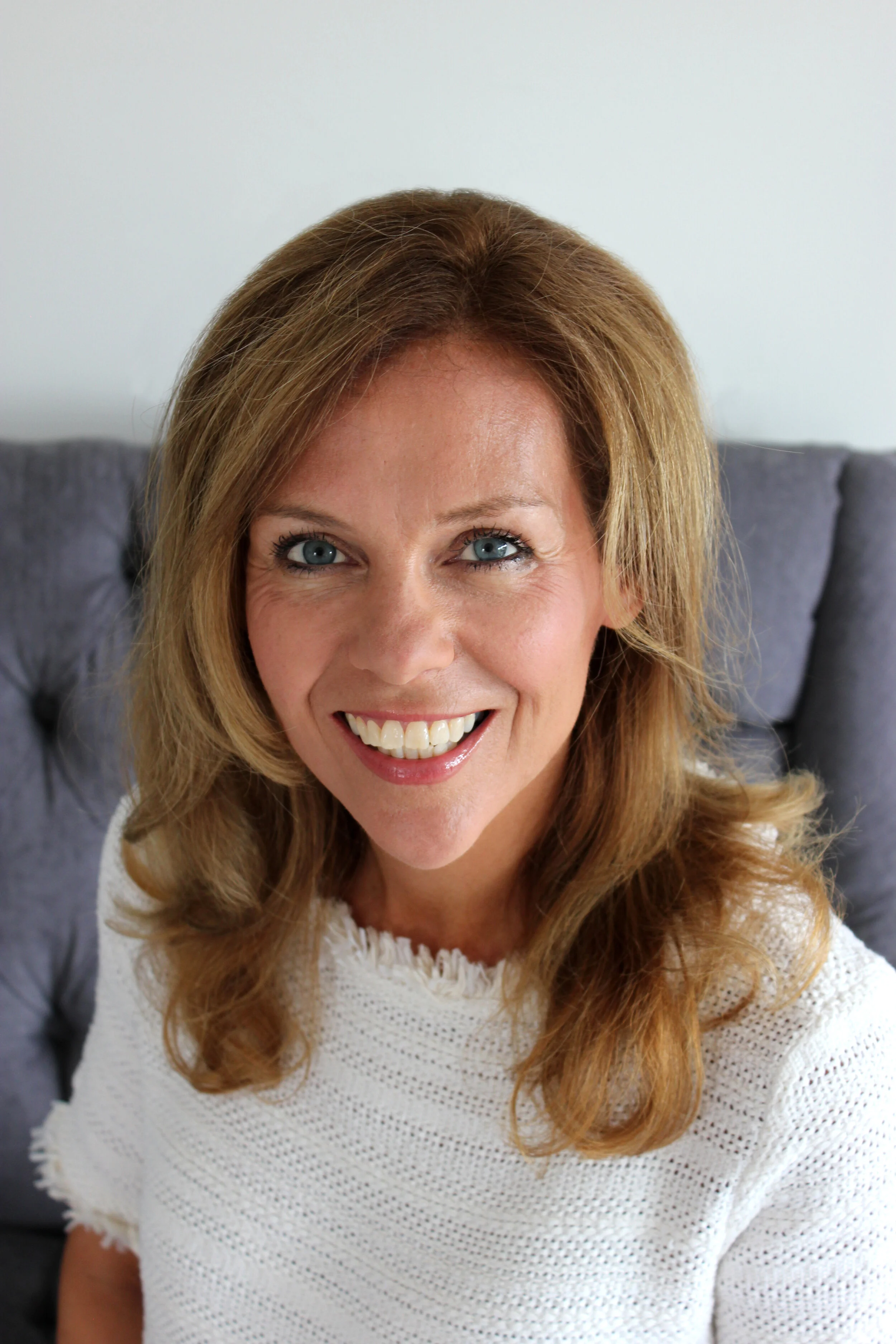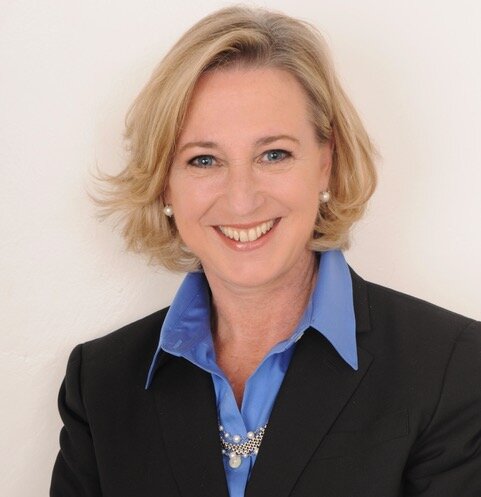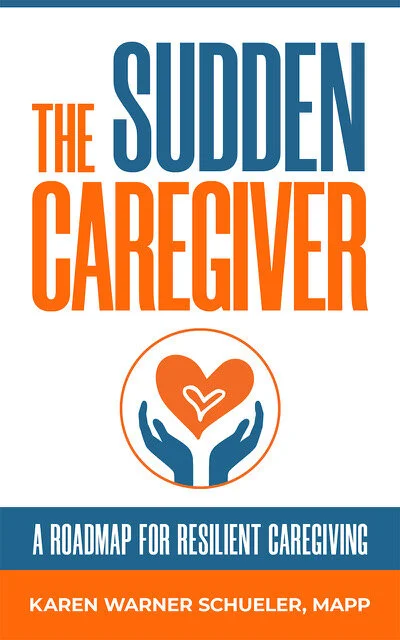Q&A with Adele Parks, Just My Luck
/How much research do you do before beginning to write a book? Do you go to locations, ride with police, go to see an autopsy, etc.
For me, one of the best things about being a writer is that I get to poke around in so many different worlds. I am not limited to my own career or viewpoint. I can - and do - research so many other professions, lifestyles, businesses or scenarios. Over the years, I have shadowed people who worked in the TV industry, teachers, police, florists, charity workers, bankers, photographers, prison wardens, librarians…I pride myself on being as thorough as possible in my research, especially if someone else’s profession is involved. For example, with my novels that have any crime procedure included, I interview police people, I visit their places of work and I also ask them to read over the parts of the novel that relate to their world. It’s critical to me that I not only get the facts spot on, but also nail the tone of voice and language that might be used. For Just My Luck I worked closely with some people who work at the British lottery company, I also interviewed lottery winners.
I often join forums and support groups that relate to my plotlines, it’s a great way to research. I have joined forums for people who have won the lottery, others where the objective is to support alcoholics, forums for Alzheimer’s sufferers and those who care for them, and for people with rare specific genetic diseases. I always declare that I am an author doing research, because I think it’s only fair that people know who they are sharing with. I find people who have been through these challenging life situations are often looking to tell their stories.
I always visit the locations where I set my novels and become familiar with them. I research in galleries, museums and libraries too. I’m certain I’ll never attend an autopsy though; I’m fairly squeamish!
What hobbies do you enjoy?
First and foremost, I am a reader. I always have a book with me and most of my down time you will find me with my nose buried. I am also a big fan of upscaling furniture. I enjoy mooching around junk shops, vintage fairs and eBay. I am always buying bits of old furniture, which I then, strip, paint, stain, or have re-upholstered etc. I love finding something that is past it’s best and no longer loved, then breathing new life into it. I really value having unique one-off pieces, that have a story behind them, in my home. I also enjoy walking and practicing yoga.
Do you write under one name for all books across genres or do you have other AKA's?
I write under my name all the time, no matter what genre. Looking back, I’m not sure this was my smartest marketing move. Maybe I should have written my historical novels (IF YOU GO AWAY and SPARE BRIDES) under a pseudonym as they are set during WW1 and the 1920s and quite a different feel from all my other novels which are contemporary. However, even within my contemporary novels I’ve written in different genres - from romantic comedy to dark psychological thrillers and domestic noir. If I’d had a different name for each genre that might have got confusing too! I can see an advantage of writing under a different name. It might have saved my blushes; some of my novels are quite steamy in places and when my son was younger, the school gate was sometimes a little awkward if the other mums were reading my novels!
What’s your favorite part of writing suspense?
I’m a great fan of the plot! I do pride myself on rather unexpected but utterly believable reveals and twists. The intellectual challenge of constructing plots is unquestionably my favorite part of writing. The best suspense novels continually astonish and defy the reader until the final page. How great is it when we think we’re heading in one direction, but the author spins us around and takes us somewhere else? That’s what I like to achieve, action that appeals to sharp, inquisitive minds.
I also love taking my readers on an emotional ride. It’s undoubtedly compelling for readers to track a seemingly ordinary family and then watch as something exceptional happens when they’re placed under extraordinary stress. I believe we’re all capable of horrendous actions under the right – maybe that should be wrong – circumstances. A fascination with darkness is part of being human. We all have light and dark in us but we’re not heartless, books provide a safe environment to explore these different lives without ruining our own or anyone else’s.
Do you prefer reading and/or writing suspense with elements of romance? Why or why not?
I don’t think I mind whether there is romance in a book or not, but I do need relationships of some kind. Without a doubt, the most important thing in life is my relationships with people, yes my romantic relationship – now limited as I’m married 😉 - but also my relationship with my son, my parents, sister, friends. For me, in real life, stakes are always highest when my relationships are threatened in some way, or when the people I love are in turmoil or jeopardy. I do not think I’m alone in this. Ultimately, the vast majority of us prioritize relationships over fame, money or career. I believe we are defined by who we love and who we are loved by. Therefore, in the suspense novels I write, I use relationships as a device that heightens the drama and the potential threat. Suspense novels do not have to be full of blood and dead bodies (although they can be!). I think the most successful ones are those where the reader feels a sense of familiarity and connection with the characters or environment. We believe the story really could happen, and most awfully, it could happen to us. For me, the best suspense looks at the horror that goes on in seemingly normal everyday families.
From the books you’ve written or read, who has been your favorite villain and why?
What a great question, I’ve never been asked it before. Thinking about it now though, I realize I’m not a fan of the villain. I’m always rooting for the goodie, I guess I’m secretly very square. I do like writing villains though, possibly because they get to say all the harsh one-liners that I only ever think up way after the efficacy has passed! Villains are dangerous, extreme and usually selfish or cruel. They are also quite often glamourous and charismatic, so definitely fun to write.
What was your inspiration behind the book?
A friend of mine works for the lottery company in the UK. He was telling me fun stories about what winners spend on, what their reactions were to hearing the news they’ve won, how the lottery company has a duty of care towards the winners etc. It was all fascinating. Then he just casually commented, ‘We always offer to arrange security for their children if the win is seriously big’. I found that so interesting. Imagine, the best moment of your life, being handed a check for millions and then suddenly realizing your family were now at risk in a way they never had been before. That was the moment I thought, I really need to write about this!























































